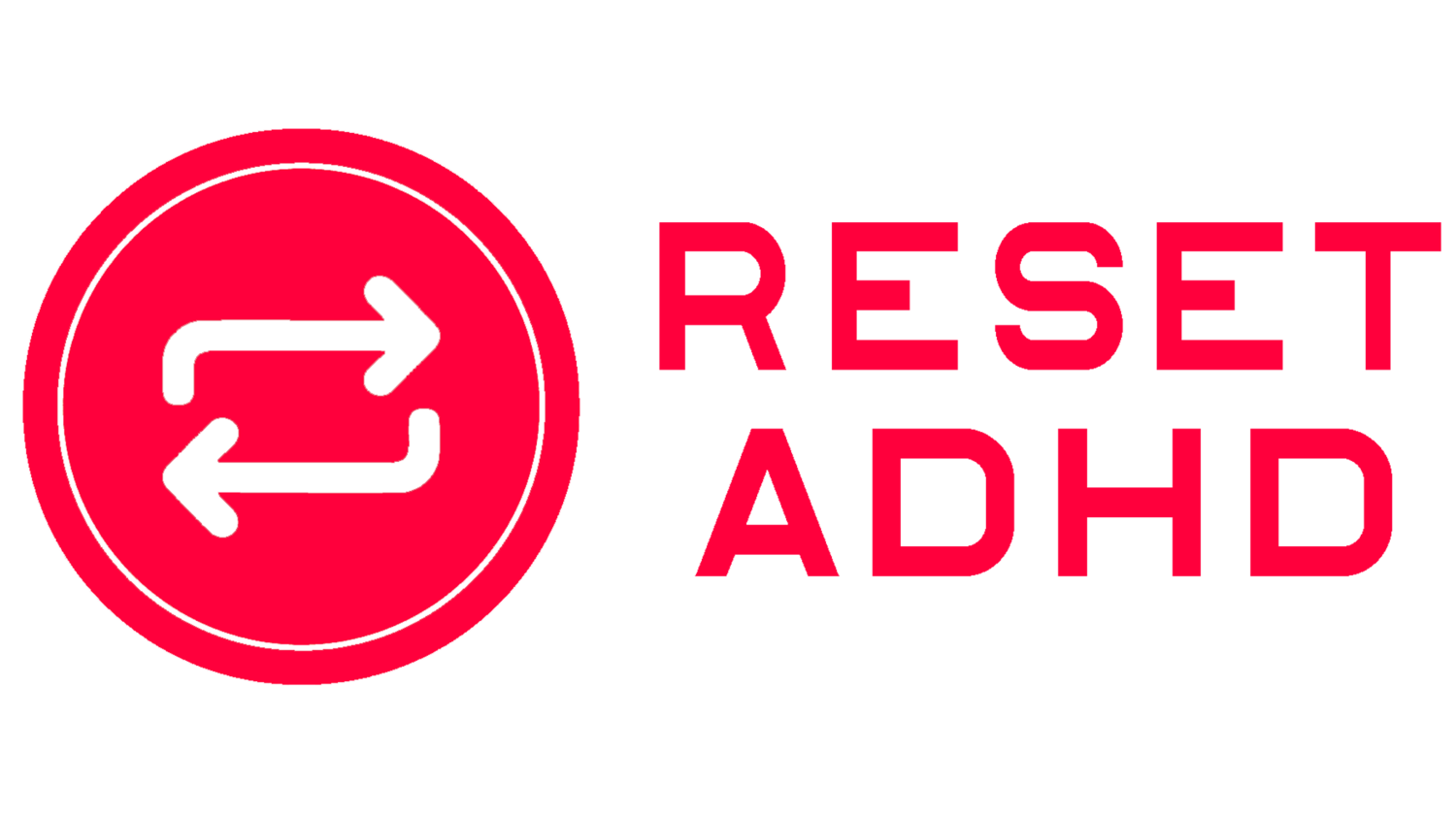REVIEW: Poems of the Neurodivergent Experience
CHECK OUT ALEX HEY’S BOOKSTORE
I like poetry. I like writing it, and I also like reading it (when the poems are good). I have had stretches of time where I was really into poetry, reading and writing as much as I can. However, I have also had stretches where poetry has been absent from my life. I get distracted by other things, and poetry becomes less of a priority. Yet, my love for poetry always remains. I quite often think to myself, “I should get back into poetry.” Somewhat recently, I had one of those I-gotta-get-back-into poetry moments. This led to me ordering several poetry books online. While trying to find worthwhile poetry books on Amazon, I stumbled across a collection entitled Poems of the Neurodivergent Experience. I bought it without much hesitation.
The author of this poetry collection, Jaclyn Pensiero, was diagnosed with autism spectrum disorder at the age of 24. In her collection of poems, she writes about her experience in dealing with her late diagnosis and her life as a neurodivergent person. This is a noble endeavor, and she deserves credit for her vulnerability and courage. But, is the poetry any good? Is it worth a read? That is what I will explore in my review of her book.
My Biggest Beef
I hate to start out on a negative note, but I feel I must address my biggest problem with this collection of poems. My biggest beef with this book is the title. When I saw this poetry collection’s title, I expected more than just autism. In my mind, if you are going to call your collection of poems Poems of the Neurodivergent Experience, it would be expected to see poems about more than just one condition. To be fair, there is a poem about rejection sensitivity and being obsessive compulsive, but every other poem is about her experience being on the spectrum. I would say that the title is better suited for a collection from multiple authors with varying conditions, not just autism spectrum disorder. However, one should not judge a book by its cover or its title. What really matters with a poetry collection is the quality of the poetry.
The Poetry
When I read a poetry book, I have Post-It flags at the ready. When I read a poem I like, I mark it with a flag. That way, when I revisit the book later, I can easily find the poems I like and not worry so much about the ones that did not stand out to me. With Pensiero’s collection of poetry, I flagged quite a few poems. However, I feel like a good number went unmarked. I don’t expect every poem in a collection to be a winner. Yet, with this book, I felt like bored while reading some of the poems. When all you have is one theme for a collection of poetry, it gets hard to create poems that are unique enough to stand out. Maybe that is why I did not like more poems in the collection. There definitely were some poems that I felt like I had read earlier in the collection. Furthermore, I noticed a lot of the poems rhymed. Poetry does not have to rhyme, and Pensiero knows that. Not all of her poems rhymed. However, a lot of them were rhyming poems. I felt overwhelmed by rhyme. I wish the poems had explored more than just rhyme. But, I want to be clear; Pensiero is not a bad poet. In fact, she is a darn good poet. I can tell from the poems I enjoyed that she has it in her to write great poetry. I just feel like she limited herself in this collection. Jaclyn, if you are reading this, please keep writing. I want to see what you can do with other themes.
Should You Read This Book?
My answer to the question of “Should you read this book?” is perhaps. A not ignorable number of those with ADHD are also on the spectrum. This book can help you find understanding and feel like you are not alone. However, for someone like me who is not on the spectrum, I would say it is less imperative to read it. If you have a genuine interest in learning more about those on the spectrum, please do. I learned while reading these poems. It is enlightening to read what it is like for those on the spectrum. It confirmed for me that I am not on the spectrum, yet it helped me get a better understanding of the autistic experience. But again, if you are expecting a wide range of neurodivergent experiences to be shared, look elsewhere.
Post Script
I feel bad giving this collection three and a half stars. I think the poet herself deserves five stars for her bravery and vulnerability. I think her poetry skills deserve four and a half stars. However, it is the poor title that really knocks this down to a three and a half stars rating.


